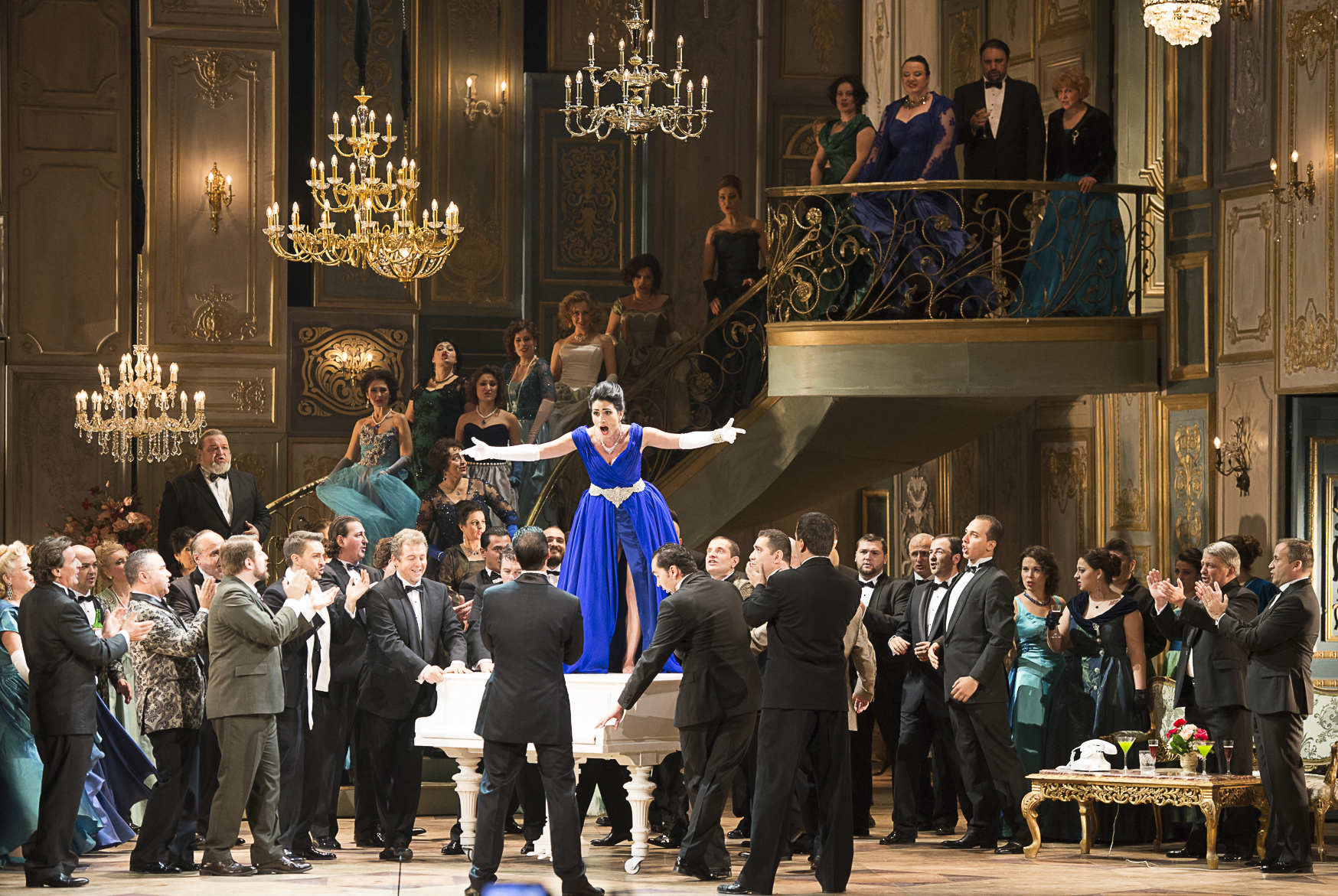

The result “always drew frenzied applause from a contemporary audience” (Julian Budden, The Operas of Verdi 1:251).Īttila is unlikely to come to a theater near you in your lifetime. This solemn melodic line arches up to two high F’s, which can be gorgeous sounds for a good baritone. In the opera this character (whom the libretto finally named Ezio) makes a bold offer to his country’s fierce enemy: “Avrai l’universo, resta l’Italia a me!” (Let me have Italy, and you can take the rest of the universe). Verdi, commenting on an early draft of the libretto, particularly admired one character who tries to strike a deal with Attila. The patriotism is embodied in the fifth-century Romans, who clearly represent, in their resistance to the invading Huns, Verdi’s compatriots, yearning to form a nation-state free of the Austrian yoke. The title role gives plentiful opportunity for a bass-baritone to emote and declaim, the female role - like that of Abigaille in Nabucco - has a dauntingly wide range and requires much agility, and there are plum parts for a gleaming tenor and a mellifluous baritone. Yet it is as concise as I due Foscari (which I admired in a recent recording under the same conductor) and more direct and appealing. It gets staged less often than, say, Nabucco, Ernani, or Luisa Miller.


Ivan RepušićĬlick here to purchase or to hear the beginning of each track.Īttila (1846) - the name is accented on the first syllable - is the ninth of Verdi’s sixteen early operas (counting both I Lombardi and its heavy reworking for Paris: Jérusalem). Liudmyla Monastyrska (Odabella), Stefano La Colla (Foresto), Stefan Sbonnik (Uldino), George Petean (Ezio), Ildebrando d’Arcangelo (Attila).Bavarian Radio Chorus, Munich Radio Orchestra, cond. Metropolitan Opera stars Ildebrando d’Arcangelo and Liudmyla Monastyrska headline a new recording that reveals Verdi operatic mastery five years before Rigoletto.


 0 kommentar(er)
0 kommentar(er)
